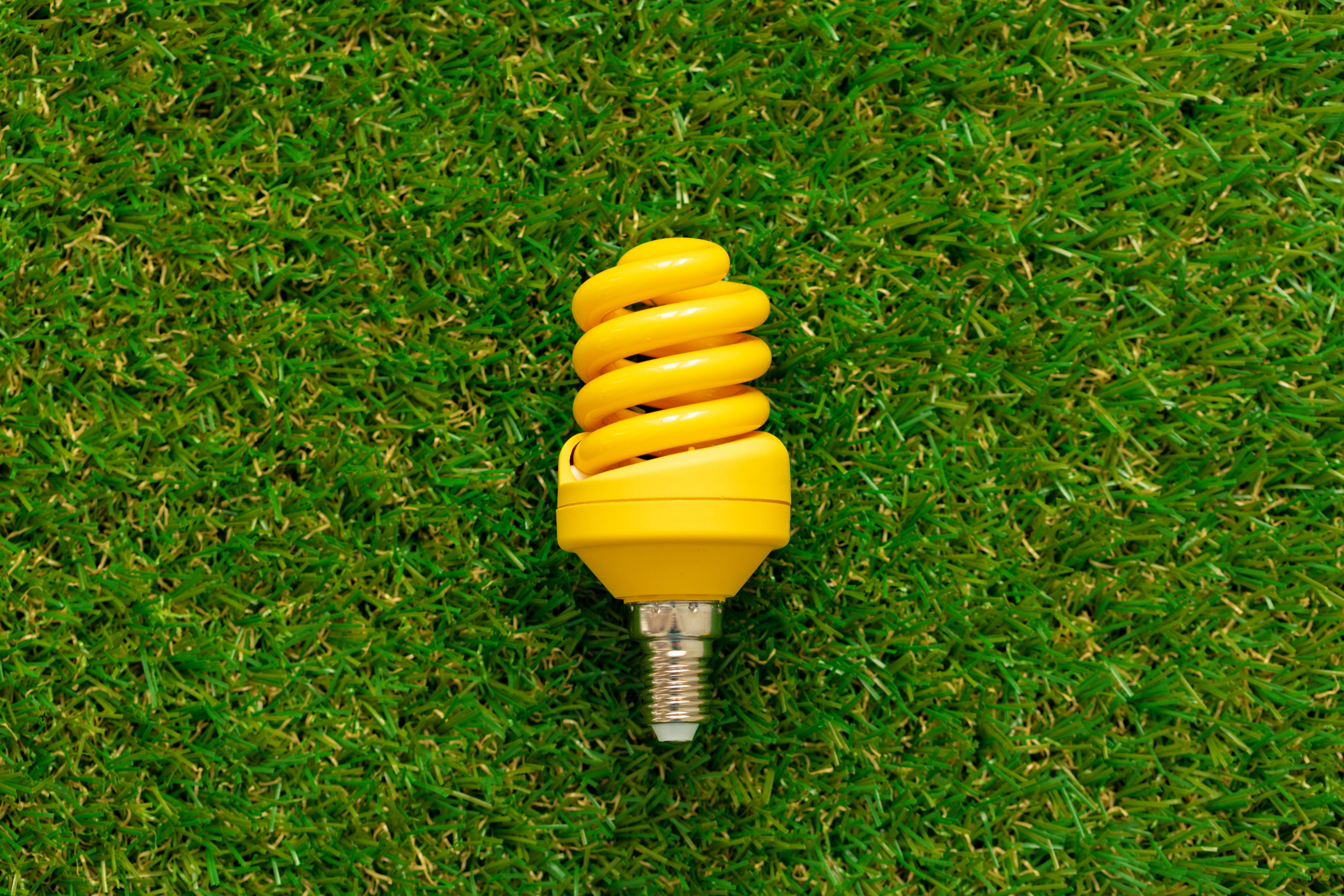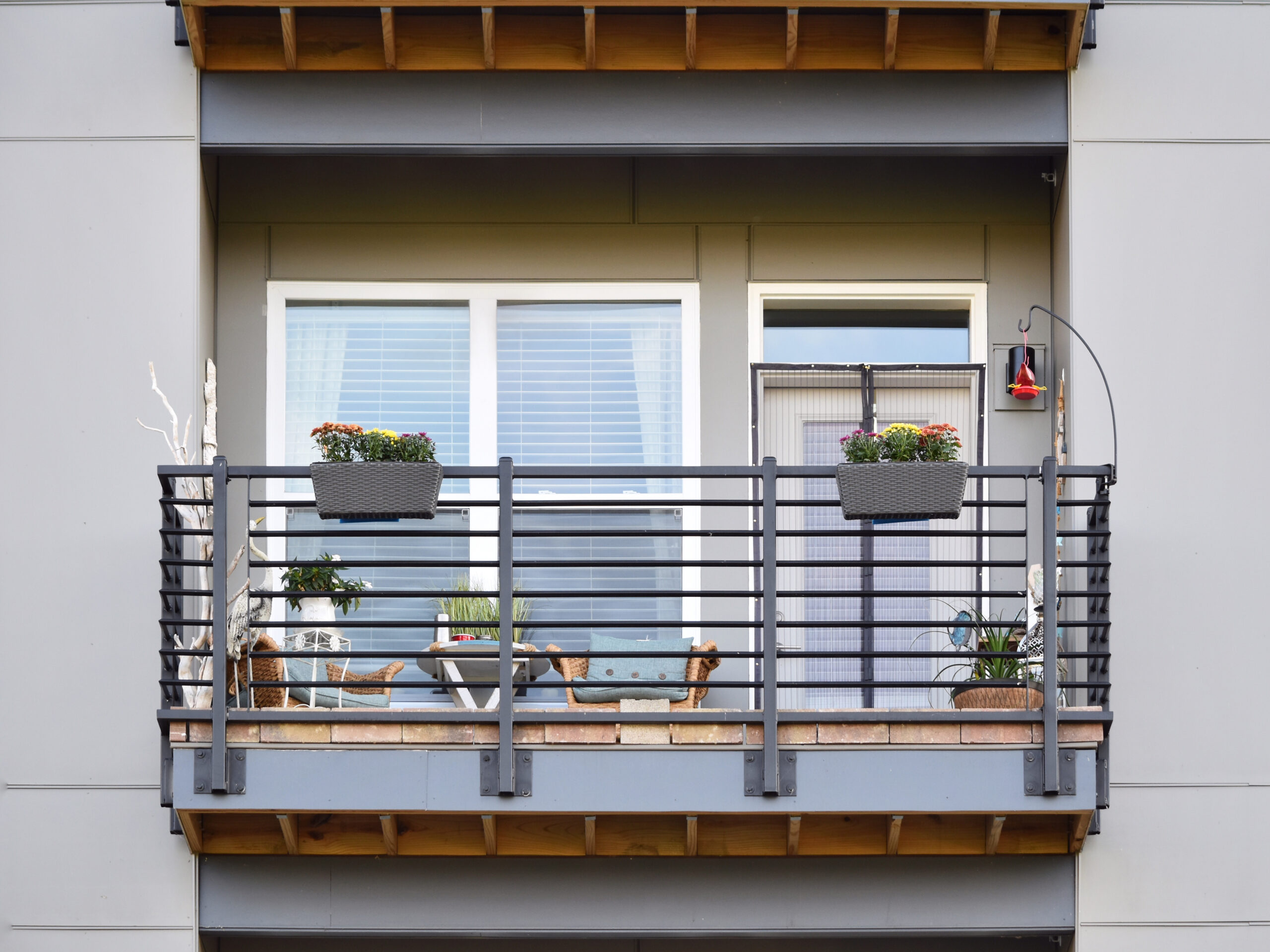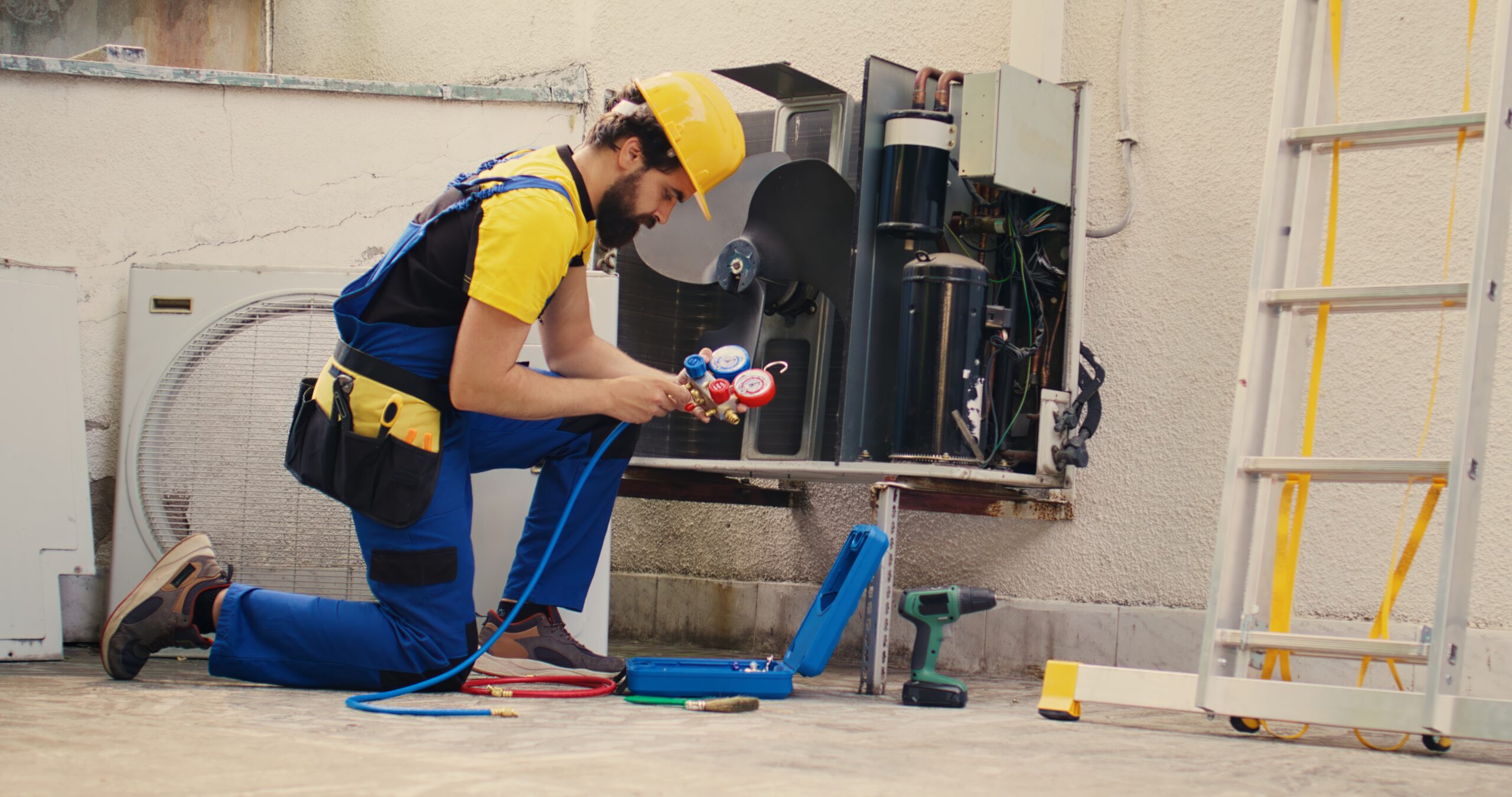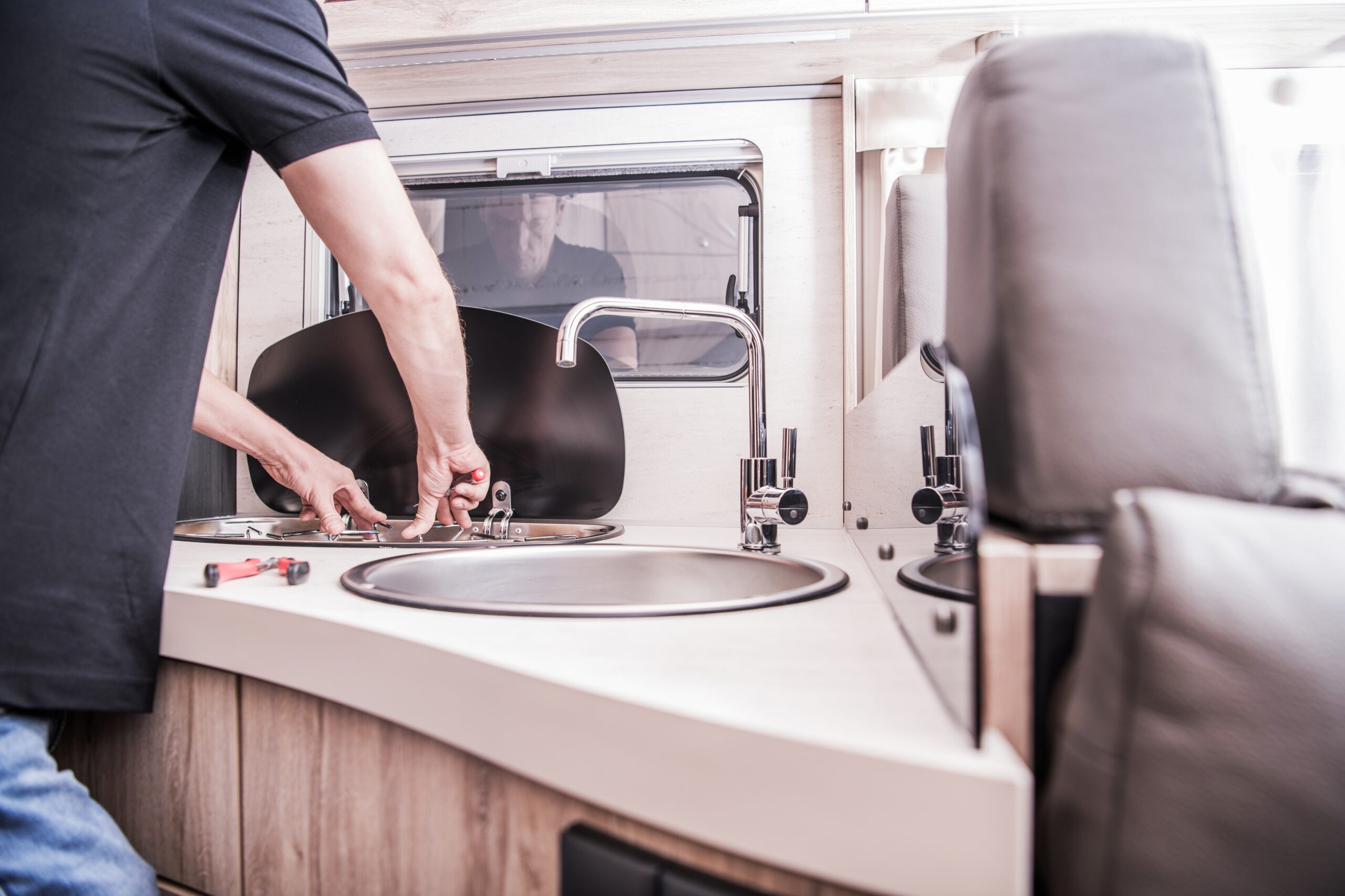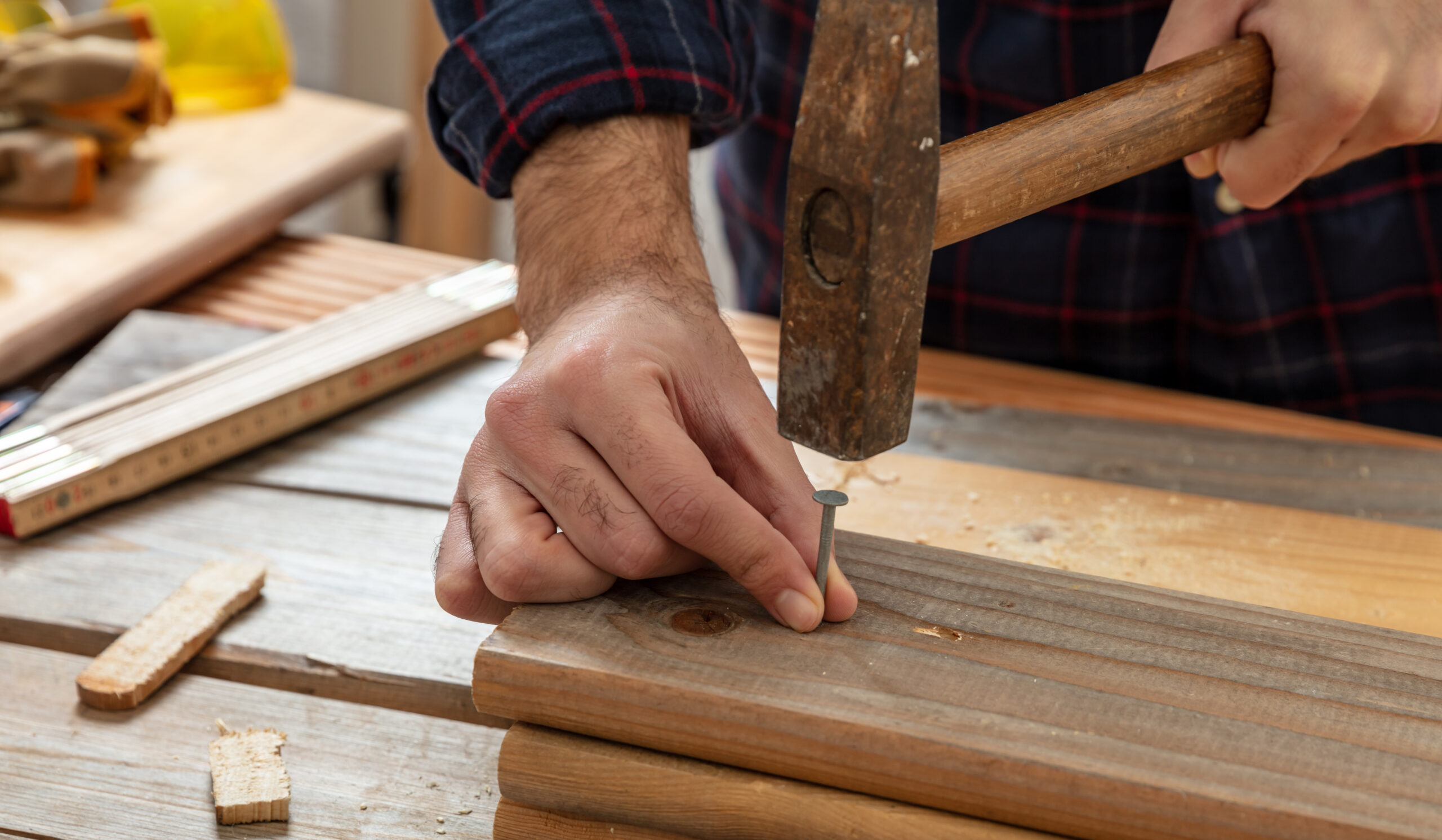As a homeowner, you know that one of your most important ongoing responsibilities is the proper maintenance of your home’s air system. Both your HVAC system and heating system are crucial to your household’s indoor air quality, as well as the health and comfort of your family. With that in mind, it’s equally important to remember that the heating system requires year-round monitoring. This ensures the unit is ready to warm your family during the cold winter months. Here, we will look at some basic tips on how to properly maintain your heating system, keeping it in perfect working order for when the winter chill blows in.
Knowing Your Home’s Heating System
Although it sounds like an obvious prerequisite, knowing what type of heater is in your home is imperative before you attempt any maintenance. Older homes tend to have traditional heat sources, such as gas furnaces, although electric furnaces and water heaters are also common. A newer home may be equipped with a heat pump, which runs along with the same whole-house heating concept as a central air HVAC system. All homeowners should know the difference between heat pump and furnace, as well as their heating system’s individual maintenance needs. With more modern styles, even the specific type of heat pump may differ. A geothermal heat pump has a different design than that of an air-source heat pump. Likewise, if you have an older home, it’s crucial to know if your system’s fuel source is natural gas or propane.
Necessary Routines for Heating Maintenance

Keeping track of your home’s heating system is important for a number of reasons. Remember that your home’s indoor air quality is directly related to the oxygen you and your family breathe every day. Likewise, proper maintenance of your heat source can also affect your wallet, as good energy efficiency can lower your monthly energy bills. When either traditional gas furnaces or modernized heat pumps run inefficiently, the wasted energy can drive up your utilities. Additionally, running any heating unit round the clock can cause wear and tear on the equipment, necessitating a replacement over time.
An inefficient heater can also become dangerous to your health and well-being. If your home is equipped with an old furnace or water heater, be sure to regularly check for possible leaks in the unit itself. This is especially crucial with gas furnaces, as carbon monoxide leaks can be fatal. In addition, maintaining the fuel source’s levels year-round will keep the system’s internal mechanisms running smoothly. Make sure that you always have enough oil or propane. This ensures that your living space will be provided with safe, warm air when that cold weather hits.
Newer homes may be equipped with a heat pump system. If you’re unfamiliar with how heat pumps move heat, keep in mind its basic function: the transfer of the air from outdoors after properly warming it to your thermostat’s specifications. If this is the type of heat system you have, be sure to schedule regular visits from a professional technician a few times a year. Repairs can be costly with any heating unit, but the newer technology of a heat pump requires an expert eye. No matter what type of heat pump you own, such a unit relies on internal ductwork in order to transfer heat. Like a gas furnace or electric furnace, the ductwork ventilation of a heat pump requires that you change your air filters every few months. Keep in mind that any air filter will trap dust, pet dander, and natural allergens and contaminants. Your system always runs smoother with a clean air filter and will improve the breathability of your indoor air quality.
